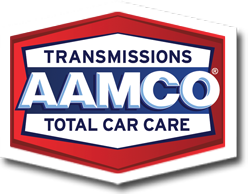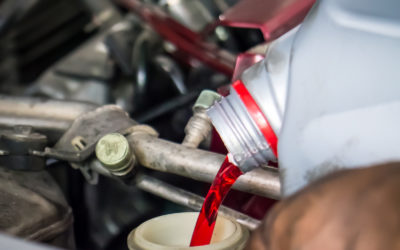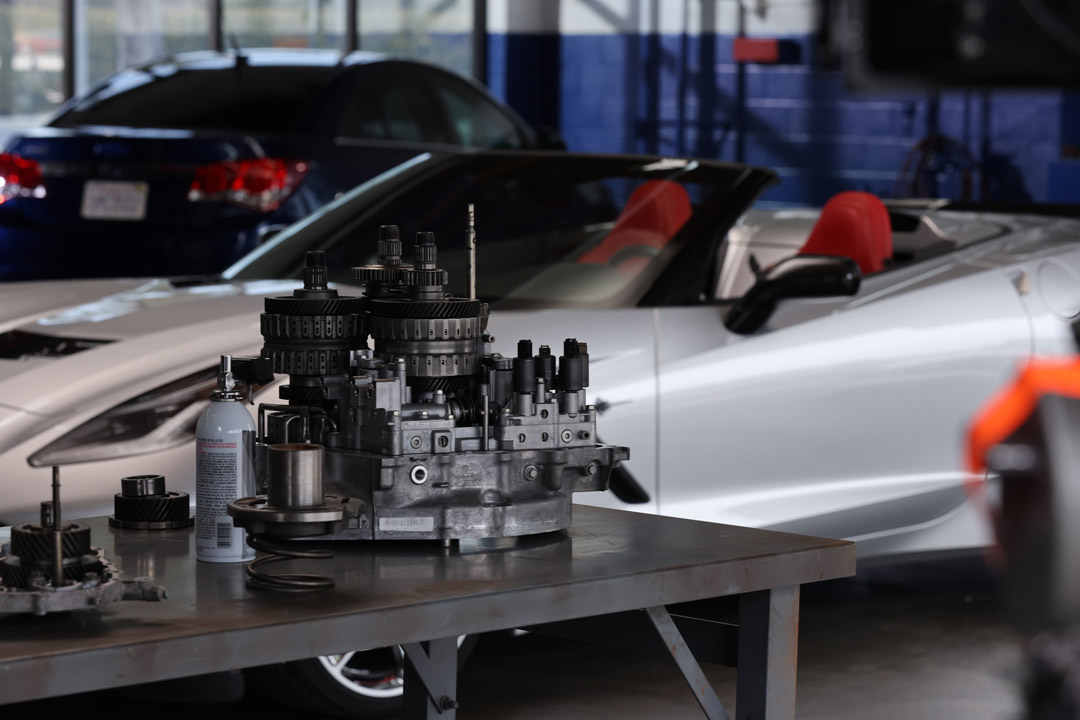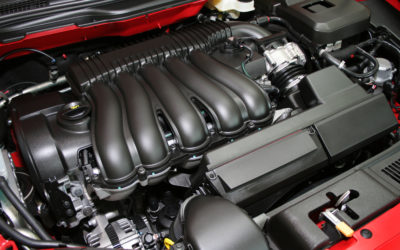How Do You Maintain Your Brakes?
So, what does brake maintenance entail? Well, when most drivers think of maintenance, they often think of checking the coolant level, tires, and not always brake maintenance. For most drivers, the only time they’ll need to check their brake system is when it increasingly gets harder to come to a stop —which is extremely dangerous.
Don’t Let Small Car Issues Become Big Car Issues
Our transmission and total car care experts fix it right the first time… Learn More »
How Does the Braking System Work?
Just like your entire skeletal system interconnects in a framework, your brake system relies on each of its connected parts in its framework to function properly and safely. When you press your brake pedal, the cylinder that is responsible for delivering the brake fluid to the calipers engages your vehicle’s brake pads. Your brake pads will then apply pressure to your brake rotors, which in effect, create the friction needed to get your vehicle to stop. As you have already noticed, all the brake system parts work together to perform a crucial function: precise and safe stopping power. Therefore, to effectively maintain your braking system, all these parts need to be in good working condition, all the time.
Brake fluid maintenance
Your vehicle’s brake fluid reservoir holds all the fluid that is not currently in the brake line. The reservoir is located under your hood and works by maintaining the pressure in your brake system as well as holding excess fluid. Maintaining the brake fluid is simple, and our mechanics will only need to look for obvious cracks and leaks and check for fluid levels. A rule of thumb is to replace your brake fluid once every two years or every 40,000 miles.
Brake Rotor Maintenance
Your vehicle’s brake rotors are the metal discs that your brake pads press against when you step on the brake pedal. When you are checking your brake pads for wear, it’s a good idea to check your rotors as well —and more so if you are having your wheels removed for the inspection. Your mechanic will check for grooves and cracks in the rotor. If they are not perfectly round, they will need replacing on both rotors at the end of the vehicle. It is important to ensure that your rotors are wearing out evenly, ensuring that your vehicle has even gripping surfaces on both sides, which helps prevent any odd pulling on one side of the vehicle during braking.
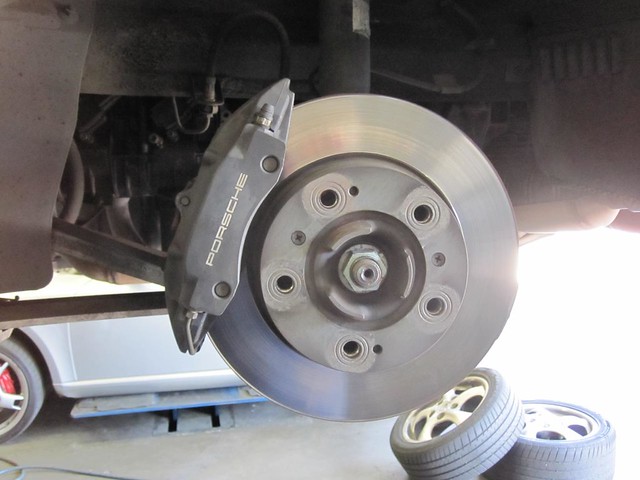
Brake Pad Maintenance
Your brake pads work by pressing against the rotors forcing your vehicle to come to a stop. When brake pads wear out, the driver will experience several issues from noises to complete brake failure. Fortunately, you could notice these symptoms early before they get out of hand. Depending on your vehicle, you can visually inspect your wheels without taking them out to check for signs of wear. They need to be at least 5mm, and evenly worn across each pad. Therefore, unless you can hear noise from your wheel, experience stopping problems or your steering wheel vibrates when you are braking, your brake pads need replacing every 10,000 miles.
Brake Line Maintenance
Your brake line consists of two main materials, rubber, and steel. The high-pressure steel line carries the fluid in most areas, while the rubber lines are used near the wheels making it easy for you to steer as the line moves. Routinely changing your brake fluid will go a long way in helping your brake lines last longer. The moment you check-in for a brake maintenance service at your local car repair center, your mechanics will inspect your system for wetness in your wheels or puddles near the line. If any of these checks out, it’s a sign that a rubber line could have a crack or hole and leaks when you press the brake pedal.
AAMCO Louisville Brake Repair Service
Are you having trouble braking? At AAMCO, we offer the best brake service in Louisville. We also specialize in, Check engine light diagnosis, Battery service and maintenance, Engine tune-up service, General car repair, Clutch Service, Exhaust system repair, Oil change service and many more. Call us or book an appointment; our Louisville mechanics are here to help.
Top 5 Most Common Reasons for Transmission Problems
Changes in performance like difficulty shifting gears or strange sounds can trigger alarm bells in your head. While these are good indications of transmission problems, there’s often a relatively simple and common repair that will get your vehicle running smoothly...
read moreHow to Spot Transmission Damage Early and Prevent Costly Repairs
Let’s face it, transmission repairs can be costly and time-consuming. The earlier you catch signs of transmission damage, the better off you’ll be once you make it to a mechanic for repairs. Typically major problems don’t happen all at once and will instead gradually...
read moreThe Top 5 Signs Your Engine Needs Repair in Louisville
There’s no way around it, occasional engine repairs come with owning a car. While engine maintenance services like tune-ups and oil changes will help prevent more severe repairs, it’s still likely you’ll run into engine trouble at some point. When this happens, it...
read more